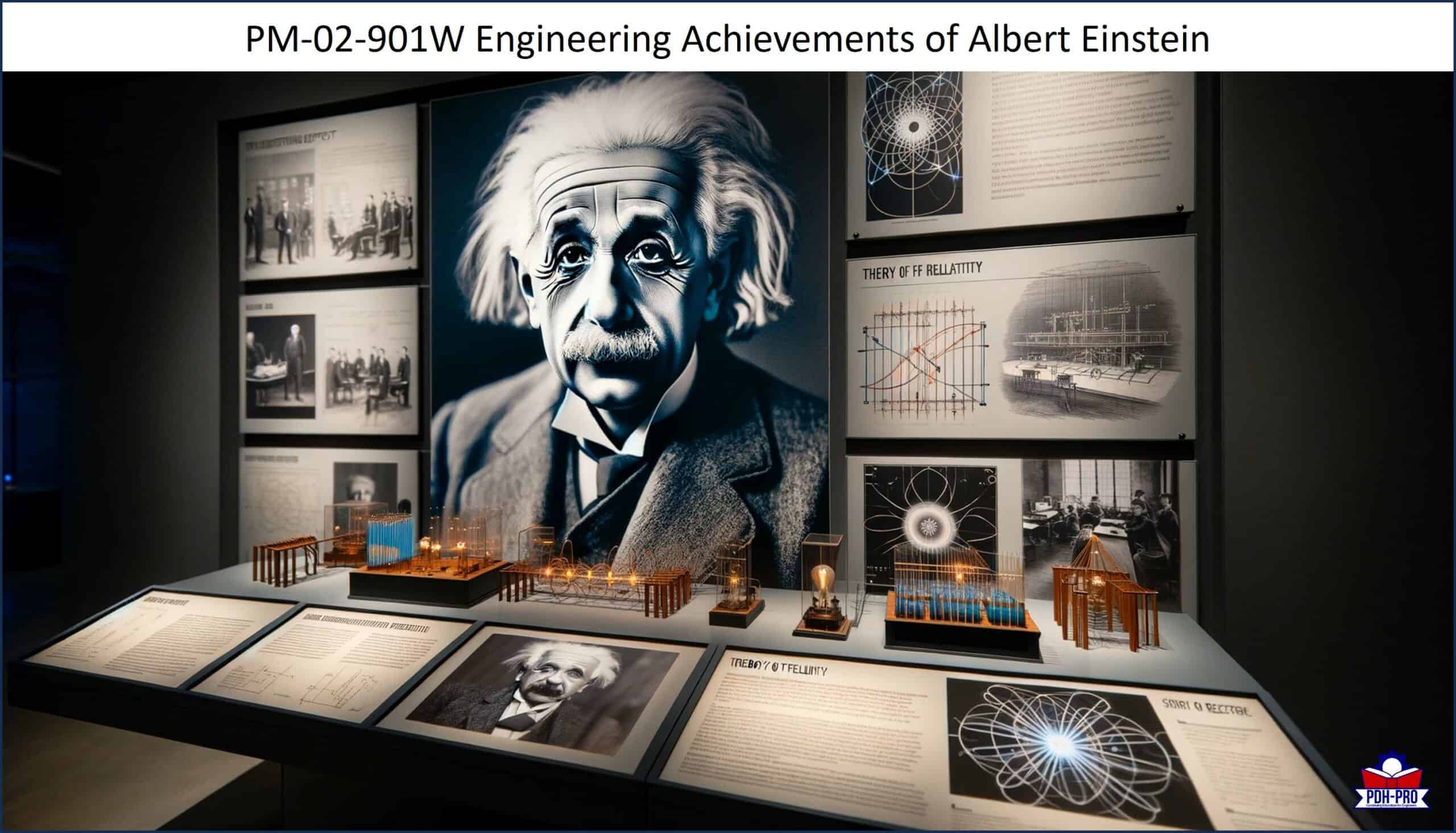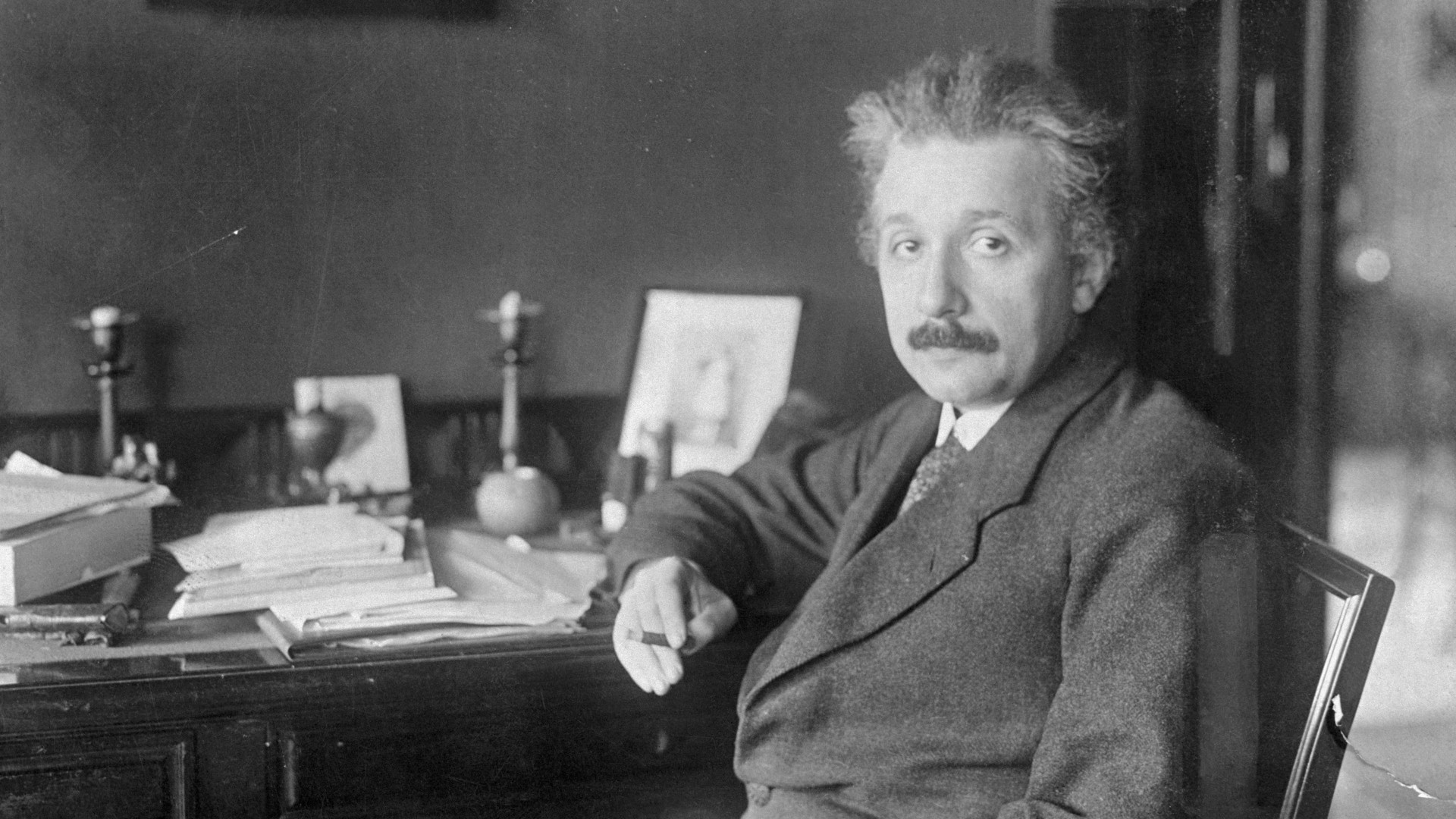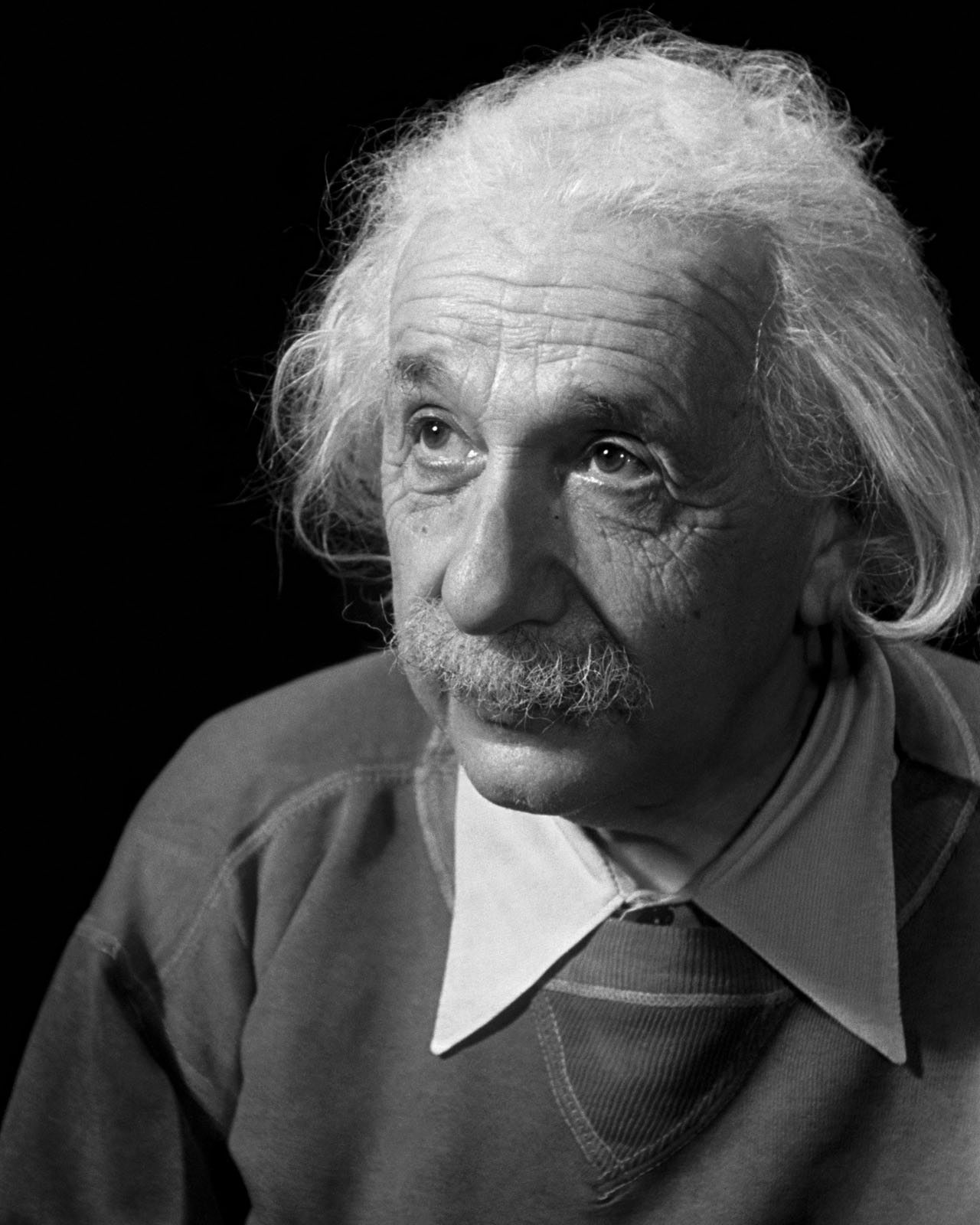Albert Einstein Achievements: The Genius That Changed Our World Forever
When we talk about Albert Einstein, we’re not just talking about a scientist. We’re talking about a legend, a brainiac, a guy who literally rewrote the rules of how we understand the universe. Einstein’s achievements are more than just equations and theories—they’re the foundation of modern physics. So, if you’ve ever wondered why this dude is such a big deal, buckle up, because we’re about to dive deep into the life and mind of one of history’s greatest geniuses.
Einstein wasn’t your average nerdy scientist stuck in a lab all day. He was a rebel with a cause, a thinker who questioned everything, and a man who dared to dream big. His achievements didn’t just earn him a Nobel Prize; they reshaped the way we look at time, space, and energy. And let’s not forget, he did all this while rocking that iconic hairstyle and rocking the world with his quirky personality.
Now, you might be asking, “Why should I care about Albert Einstein’s achievements?” Well, my friend, if you’ve ever used GPS, watched a movie, or even wondered about black holes, you owe a debt of gratitude to this German-born genius. So, let’s explore why Einstein’s work still matters today and how his ideas continue to shape our understanding of the universe.
- Andieelle Nudes The Truth Behind The Hype
- Kehlani Wife Unveiling The Life And Story Behind The Spotlight
Table of Contents
Theory of Relativity: The Big Breakthrough
- Snoqualmie Pass Driving Conditions Your Ultimate Guide To Safe Winter Travel
- Jasibae Videos The Ultimate Guide To Trending Content And Creator Insights
Quantum Theory: Einstein’s Controversial Views
Nobel Prize for the Photoelectric Effect
Einstein’s Contributions to Cosmology
Atomic Energy and the Manhattan Project
Einstein’s Philosophy and Legacy
A Glimpse into Einstein’s Personal Life
Einstein’s Impact on Modern Science
Conclusion: Why Einstein’s Achievements Matter
Early Life and Education
Einstein’s journey didn’t start with a bang—it started with a curious kid who loved to tinker with puzzles and gadgets. Born in 1879 in Ulm, Germany, young Albert showed an early interest in math and science, much to the delight of his family. But here’s the kicker—he wasn’t exactly a stellar student in school. In fact, some teachers thought he was slow because he didn’t conform to the rigid structure of traditional education.
Despite the naysayers, Einstein’s passion for learning never wavered. He devoured books on physics and math, teaching himself complex theories that would later become the foundation of his groundbreaking work. By the time he enrolled at the Swiss Federal Polytechnic in Zurich, Einstein was already thinking outside the box—and trust me, he didn’t stop there.
Education Challenges
Let’s be real—Einstein’s path wasn’t always smooth sailing. He struggled to find a teaching job after graduation, which forced him to take a job at the Swiss Patent Office. But instead of letting this setback bring him down, Einstein used his time there to think deeply about the mysteries of the universe. And guess what? Those thoughts would eventually lead to some of his most famous discoveries.
Biography and Key Facts
Before we dive into Einstein’s achievements, let’s take a quick look at the man behind the myth. Here’s a snapshot of his life:
| Fact | Details |
|---|---|
| Full Name | Albert Einstein |
| Date of Birth | March 14, 1879 |
| Place of Birth | Ulm, Germany |
| Education | Swiss Federal Polytechnic, Zurich |
| Profession | Physicist, Philosopher, Author |
| Notable Achievements | Theory of Relativity, Nobel Prize in Physics |
Theory of Relativity: The Big Breakthrough
Now, let’s talk about the pièce de résistance of Einstein’s career: the theory of relativity. This wasn’t just some random idea—it was a game-changer that shook the scientific world to its core. In 1905, Einstein published his special theory of relativity, which proposed that time and space are interconnected in a way that defies our everyday intuition.
But wait, there’s more. In 1915, Einstein unveiled his general theory of relativity, which explained gravity as the curvature of spacetime caused by massive objects. Think of it like this: imagine spacetime as a trampoline, and a heavy ball in the middle causes it to sag. That’s basically how planets and stars warp the fabric of the universe around them.
Why Does It Matter?
This theory wasn’t just theoretical—it had real-world implications. It helped scientists understand phenomena like black holes, gravitational waves, and even the expansion of the universe. Without Einstein’s theory of relativity, we wouldn’t have the GPS systems we rely on today. So, yeah, big deal.
Quantum Theory: Einstein’s Controversial Views
While Einstein’s work on relativity made him a superstar, his views on quantum theory were a bit more controversial. Quantum mechanics, the study of the smallest particles in the universe, was a field that Einstein both contributed to and clashed with. He famously said, “God does not play dice with the universe,” expressing his skepticism about the randomness inherent in quantum mechanics.
Despite his reservations, Einstein’s work laid the groundwork for many key concepts in quantum theory. His paper on the photoelectric effect, for example, was instrumental in proving that light behaves both as a wave and as a particle. This discovery would later earn him the Nobel Prize.
Key Contributions to Quantum Mechanics
- Photoelectric Effect: Proved that light is made up of particles called photons.
- Bose-Einstein Condensate: A state of matter that occurs at extremely low temperatures.
- EPR Paradox: A thought experiment challenging the completeness of quantum mechanics.
Nobel Prize for the Photoelectric Effect
Let’s talk about the big win: Einstein’s Nobel Prize in Physics. In 1921, he was awarded the prestigious honor not for his theory of relativity (which was still controversial at the time) but for his explanation of the photoelectric effect. This discovery revolutionized our understanding of light and energy, paving the way for technologies like solar panels and LED lights.
But here’s the kicker—Einstein didn’t even attend the Nobel ceremony. He was on a trip to Japan at the time, but that didn’t stop him from using his newfound fame to advocate for peace and social justice. Yeah, this guy was more than just a scientist—he was a humanitarian too.
Einstein’s Contributions to Cosmology
Einstein’s influence extends far beyond physics. His equations also helped shape the field of cosmology, the study of the universe as a whole. One of his most famous contributions was the concept of the cosmological constant, which he initially introduced to explain why the universe didn’t collapse under its own gravity.
But here’s the twist: Einstein later called this idea his “biggest blunder” when observations showed that the universe is actually expanding. Turns out, the cosmological constant might not have been such a blunder after all—it’s now a key part of modern cosmology, helping explain the mysterious force known as dark energy.
Modern Cosmology and Einstein’s Legacy
Today, Einstein’s work continues to inspire scientists studying the mysteries of the universe. From black holes to the Big Bang, his theories provide the framework for understanding some of the biggest questions in cosmology. And let’s not forget gravitational waves—those ripples in spacetime predicted by Einstein that were finally detected in 2015.
Atomic Energy and the Manhattan Project
Now, let’s talk about one of the most controversial aspects of Einstein’s legacy: his involvement in the development of atomic energy. In 1939, Einstein wrote a letter to President Franklin D. Roosevelt warning about the potential for Germany to develop nuclear weapons. This letter played a role in the creation of the Manhattan Project, the secret U.S. effort to build the atomic bomb.
But here’s the thing—Einstein wasn’t directly involved in the project, and he was deeply troubled by the destructive power of nuclear weapons. In fact, he became a vocal advocate for nuclear disarmament and world peace in the years following World War II.
Einstein and Peace
After the war, Einstein used his fame to promote peace and social justice. He spoke out against racism, supported civil rights, and even declined an offer to become the president of Israel. His commitment to humanity reminds us that even the greatest minds can care deeply about the world they leave behind.
Einstein’s Philosophy and Legacy
Einstein wasn’t just a scientist—he was a philosopher, a dreamer, and a thinker who questioned everything. His philosophy was rooted in a deep sense of curiosity and a belief in the interconnectedness of all things. He once said, “Imagination is more important than knowledge,” a sentiment that continues to inspire people today.
But what does Einstein’s legacy mean for us? It’s a reminder that science isn’t just about equations and experiments—it’s about understanding the world and improving the lives of everyone in it. Einstein’s achievements show us that even the most complex problems can be solved with creativity, determination, and a little bit of madness.
A Glimpse into Einstein’s Personal Life
Let’s be real—Einstein wasn’t just all work and no play. He had a rich personal life filled with love, laughter, and a few scandals. He was married twice, had three children, and was known for his playful sense of humor and love of music. In fact, he was an accomplished violinist who often played to relax and inspire his creative thinking.
But here’s the thing—Einstein’s personal life wasn’t always perfect. He faced criticism for his unconventional relationships and his tendency to prioritize his work over his family. Still, his humanity adds depth to his genius, reminding us that even the greatest minds are flawed and complex.
Einstein’s Impact on Modern Science
Einstein’s achievements continue to influence science today. From quantum computing to space exploration, his theories provide the foundation for some of the most exciting advancements in modern science. And let’s not forget pop culture—Einstein’s iconic image has become a symbol of intelligence and creativity, inspiring countless movies, books, and even memes.
But perhaps the most important impact of Einstein’s work is the way it encourages us to think big. He showed us that even the most impossible questions can be answered with the right combination of curiosity, imagination, and hard work. In a world that often feels chaotic and uncertain, Einstein’s legacy reminds us that we can still dream big and make a difference.
Conclusion: Why Einstein’s Achievements Matter
So, there you have it—the incredible story of Albert Einstein’s achievements and their lasting impact on the world. From the theory of relativity to the photoelectric effect, Einstein’s work continues to shape our understanding of the universe. But his legacy isn’t just about science—it’s about the power of curiosity, the importance of imagination, and the courage to question everything.
As you reflect on Einstein’s life and achievements, I invite you to take a moment to think about how you can apply his lessons to your own life. Whether you’re a scientist, a student, or just someone who loves to learn, there’s something to be gained from embracing the Einstein mindset. So, leave a comment below and let me know what inspires you about this legendary genius. And don’t forget to share this article with your friends—it’s the least you can do for the man who changed the world!
- Nra Dana Loesch The Story Behind The Controversial Figure
- Alex Wagner Wedding Gown The Story Behind Her Perfect Day

Live Webinar Engineering Achievements of Albert Einstein

Albert Einstein Biography, facts and impact on science Live Science

Portrait of Albert Einstein The 19th Century Rare Book and Photograph